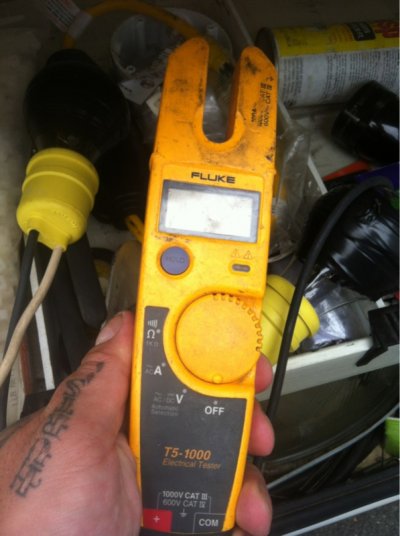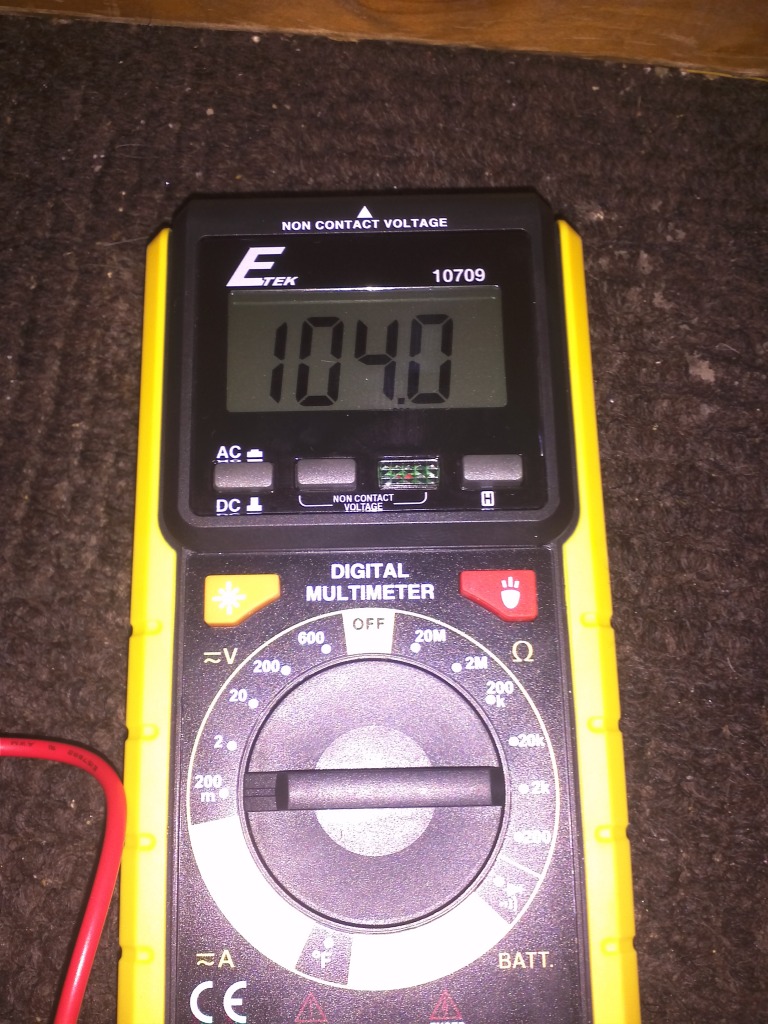meegosh said:
You measure current in amps. No current = no amps. You can have high voltage with little amps, like a hi pot tester. You can have high amps but low voltage, like a car battery. No current is just that, nothing.
To answer the last post by the OP, yes, you can have a false ground. Basically they add a 3prong outlet so you can plug your devices in but in reality they are not tied to the ground bar in your panel.
I think that's what I said or at least was trying to say. Without current you have nothing. Also I just wanna add, by putting the black probe in the tank an holding the red probe your gonna get some reading as your body and saltwater are conductors.
This subject could go on and on and we have all options here. Not saying I'm 100% right because I know I'm not. BUT, ideally you want no current in your tank. By adding a ground probe to your tank your adding current, a place for the electrons to go to, that's what you want to avoid isn't it?
Your panel in the house "should" be grounded and bonded, check with the outlets. I agree with the other poster, I forget who it was but they are correct 100% get a GFI that will help and the outlet will be grounded
It's not so black and white here IMO.
I've worked under an electrician for many years and should him this thread. He's trying to make sense of it.
He also has a saltwater tank 75 gallon and told me he has NO voltage, amps whatever coming from his tank. Like I said I'll take my meter and take a reading. I bet it's 0.

I'm on a side job with him now. I'll take the equipment home tonight.
I don't wanna come off arrogant so I apologize if I did. I'm just trying to grasp this.
I still feel a ground probe is a bad idea.


